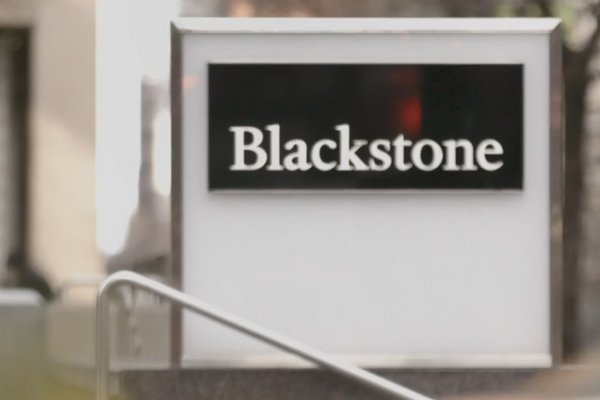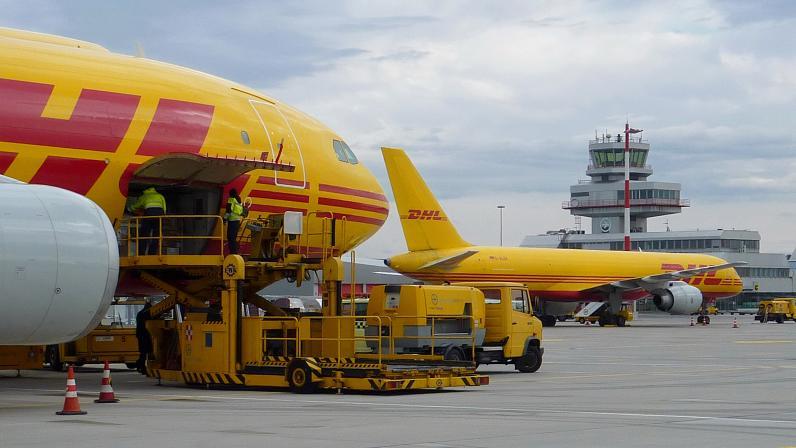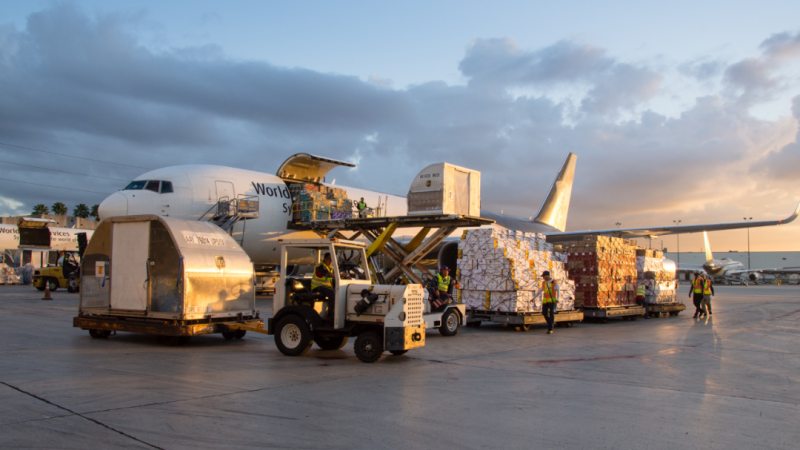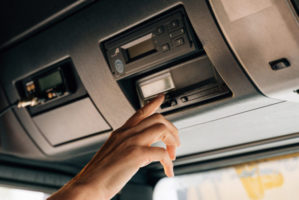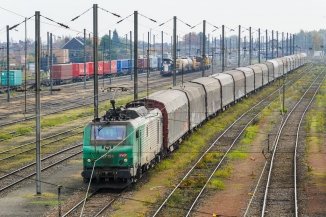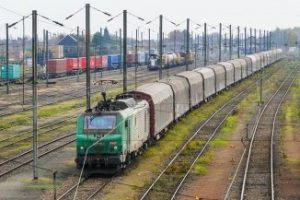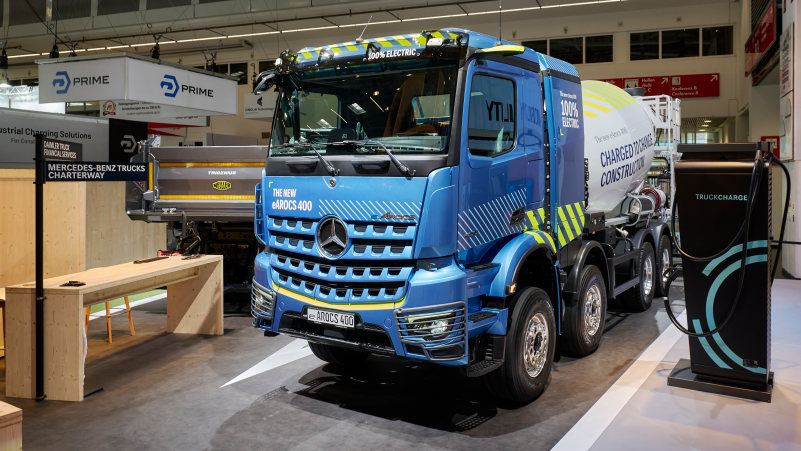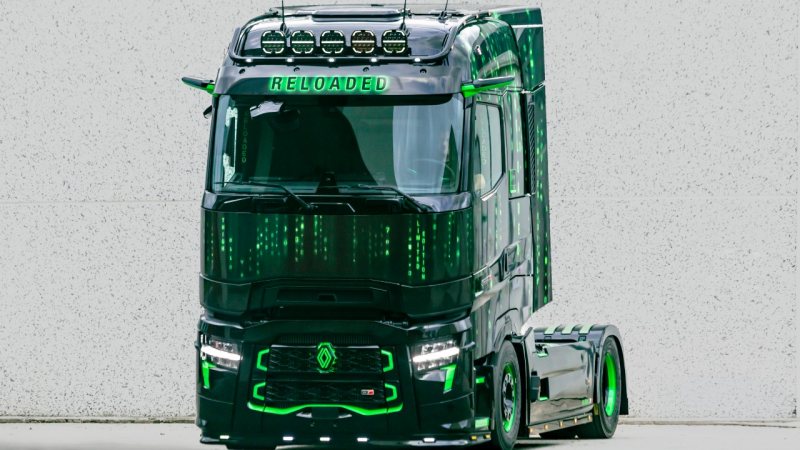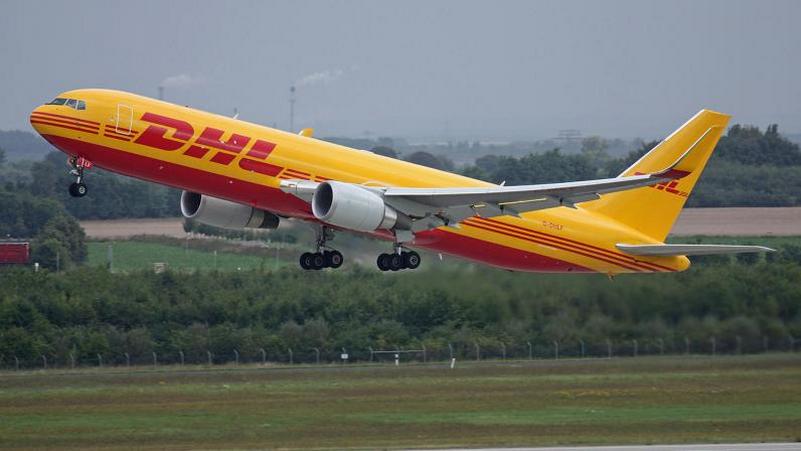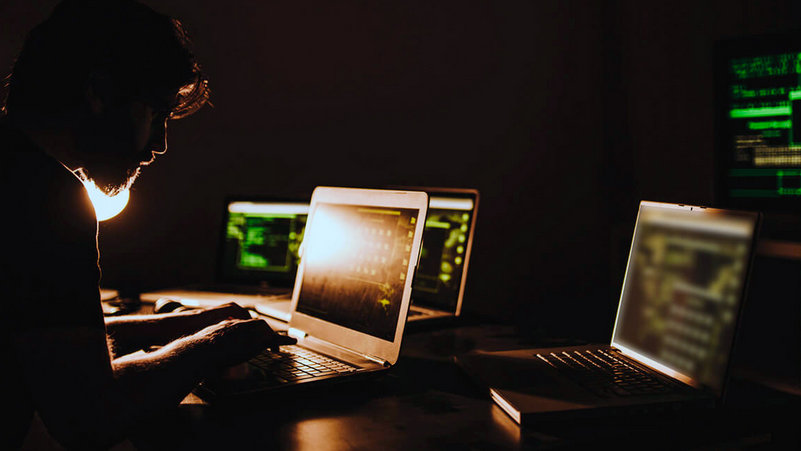A few days after the seizure by the Turin prosecutor's office against Amazon (as well as Gls and Sda), the Milan prosecutor's office also communicated a similar operation on July 23, 2024, against the e-commerce giant, particularly targeting its subsidiary Amazon Italia Transport, from which it seized 120 million euros for tax fraud and "digital exploitation." The investigation concerns last-mile delivery activities and has placed three executives who signed tax returns between 2017 and 2022 under scrutiny.
The investigation primarily targets the multinational's delivery subvection strategy, known as the Dsp Program. According to the investigators, this does not constitute an autonomous work relationship but rather "digital exploitation." Essentially, Amazon Italia Transport's software entirely organizes the couriers' work. The magistrates state that it does so "by directly controlling each employee in terms of the correct execution of directives conveyed through the digital tool, exercising employer powers directly over personnel who formally would not be considered its employees."
Between Amazon and the physical delivery workers, there are intermediary companies, generally cooperatives, which invoice consortia acting as filters, which in turn invoice Amazon. Investigators have discovered fiscal and contributory irregularities within these intermediary companies that fiscally benefit the primary contractor, Amazon. This structure allows Amazon to offer competitive prices due to the savings achieved through this pyramidal setup.
The magistrates assert that "there is effectively a single economic entity, directed, managed, and organized in all aspects by Amazon Italia Transport itself, which exercises the determining employer powers by interacting with last-mile delivery personnel even under the additional names of Amazon Logistics or Amazon Prime."
This is yet another investigation opened by the Milan prosecutor's office for tax fraud and labor exploitation in the logistics sector, consistently using the schema of intermediary and filter companies. Previous cases have affected transport and logistics companies (including Dhl, Gls, Uber, Brt, Geodis, Ups, Gs, Gxo, Schenker) as well as their contractors, notably Esselunga.



